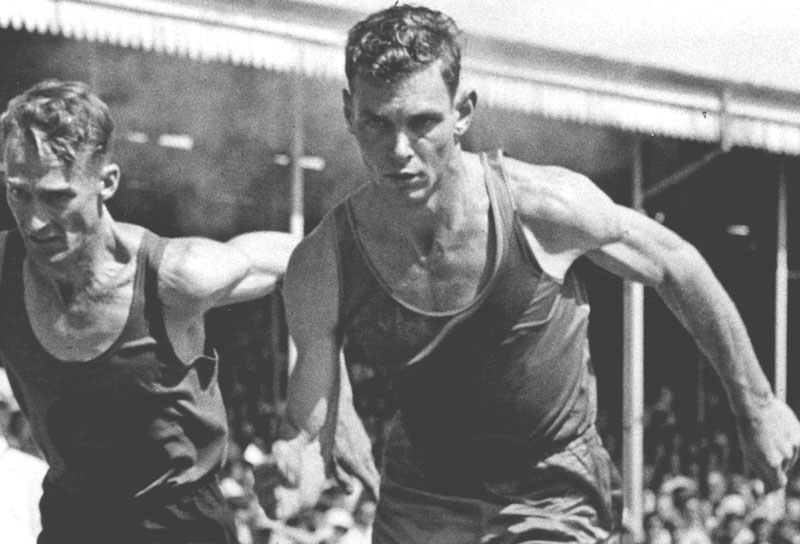NZ's Greatest Olympians:
How we picked the Top 25
Deciding on New Zealand greatest 25 Olympians of all time wasn’t an easy task.
Partly because of the sheer volume of fantastic feats over the last century or so and partly because of the difficulty of comparing performances across a range of sports.
It’s hard enough for the Halberg Award judges every year, but we had to compare the merits of medals won in different eras.
The list was thrashed out by some of the Herald and Radio Sport journalists covering the Rio Games.
We had to agree some early ground rules.
The first was that only gold medallists would be considered. That was a tough call, considering the likes of Nick Willis (silver, 2008), Dick Quax (silver, 1976), Paul Kingsman (bronze, 1988) and Bevan Docherty (silver and bronze, 2004 & 2008) had provided some of our most memorable Olympic moments.
But there had to be a line in the sand.
We also agreed that potential success in Rio wouldn’t be taken into account, so the likes of Hamish Bond and Eric Murray, Valerie Adams and Mahe Drysdale would only be judged on achievements until 2012.
The list was also restricted to the Summer Olympics, otherwise Annalise Coberger, our only winter medallist, may have featured quite prominently.
From an original master list, each of us was tasked with listing our personal top 25.
From there we met, debated each group of five (25-21, etc)and took the majority view.
In general we considered the following factors: The impact of the performance at the time, the relative competitiveness of the sport or field and the rarity of the feat.
It’s unlikely anyone in our lifetimes will match Snell’s three gold medals on the track, nor Danyon Loader’s feats in the pool.
Most of the rest of the top 10 were multiple medallists or responsible for achievements that resonated for decades (the Munich rowing eight, Yvette Williams).
It was a head-scratcher, but in a good way because it was a celebration of success.
No.
2
NZ's Greatest
Olympians
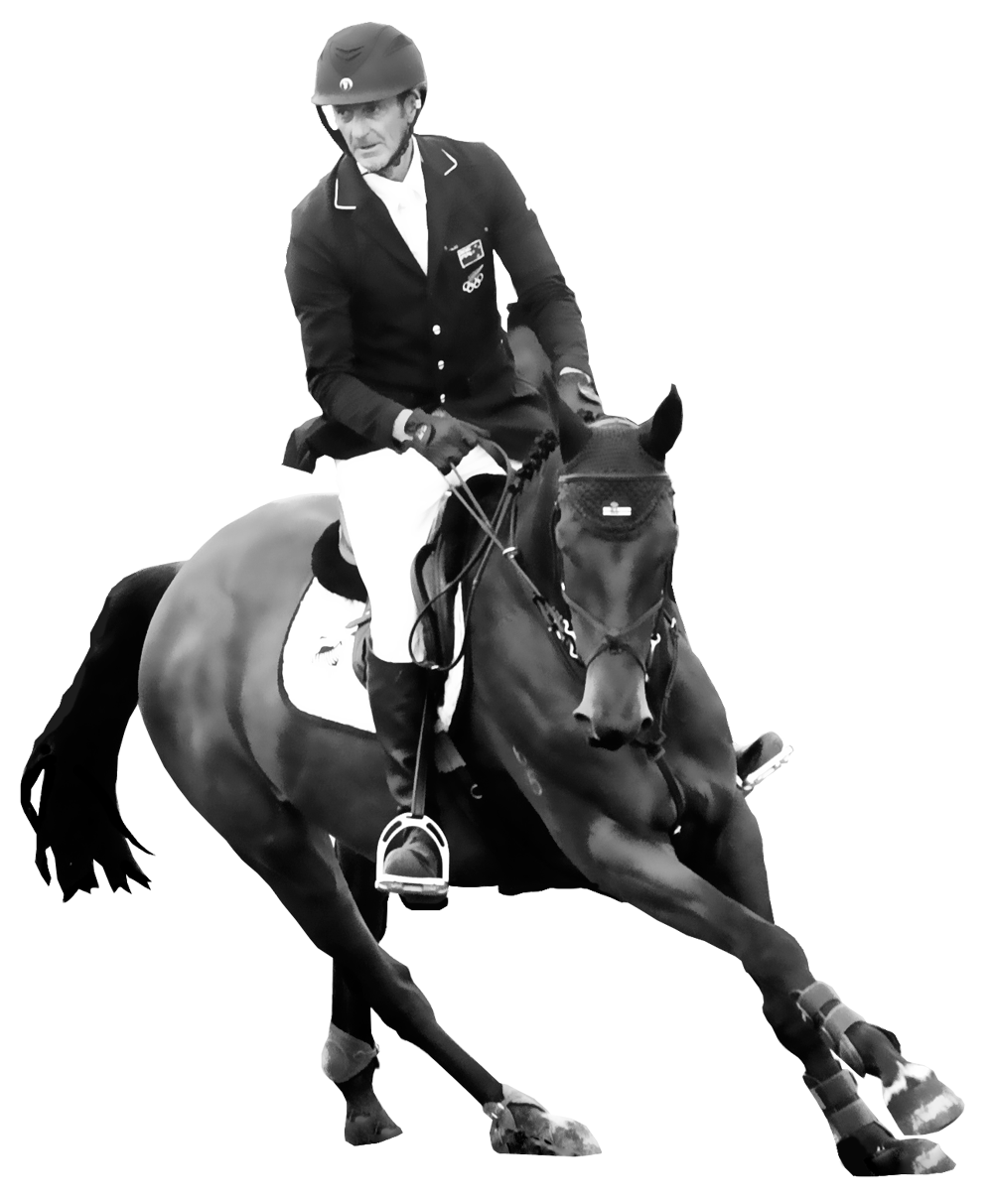
Gold
2
1984 LA — Individual eventing
1988 Seoul — Individual eventing
Bronze
3
1988 Seoul — Team eventing
2000 Sydney — Individual eventing
2012 London — Team eventing
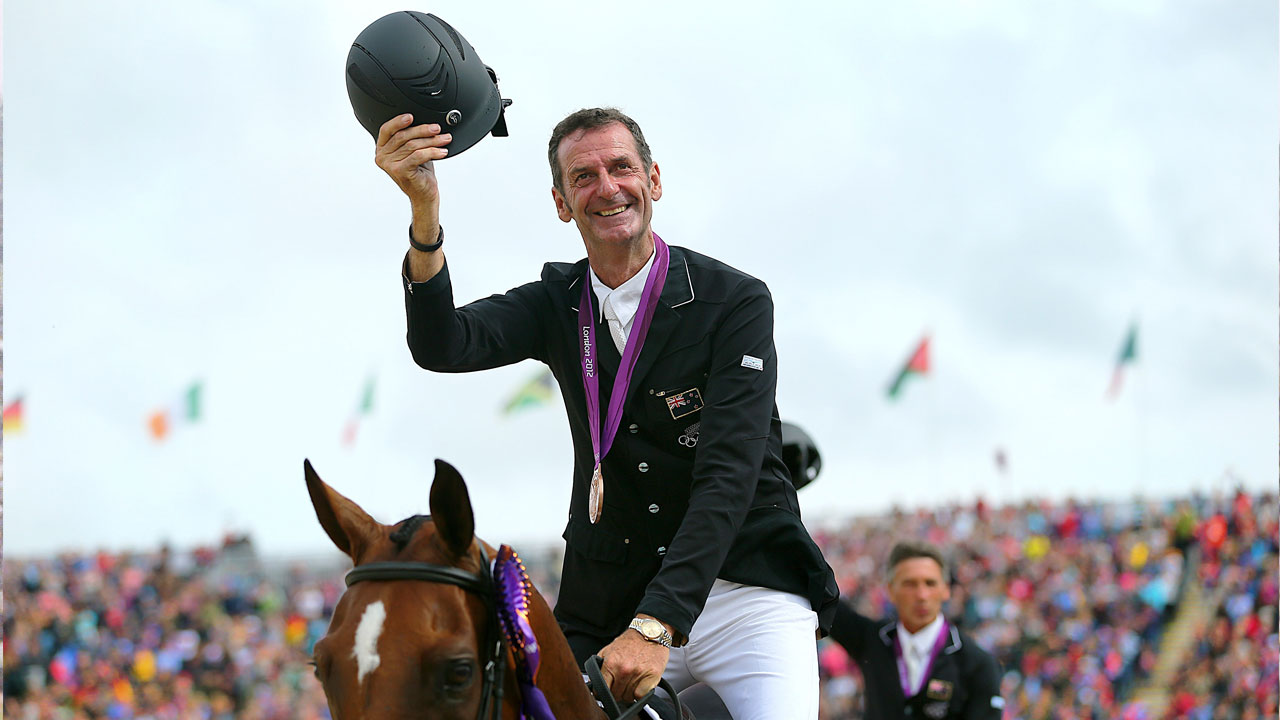
Mark Todd had his first golden moment in the three-day eventing at the 1984 Los Angeles Olympics on Charisma (aka Podge).
Todd won gold in the three-day event at the Seoul Olympics, again on Charisma, the second rider to defend his title in Games history.
Mark Todd had his first golden moment in the three-day eventing at the 1984 Los Angeles Olympics on Charisma (aka Podge).
Todd won gold in the three-day event at the Seoul Olympics, again on Charisma, the second rider to defend his title in Games history.
A range of criteria can be used to determine true sporting excellence.
In Mark Todd’s case, there are two particular points worth noting — the weight of his performances in eventing, and the fact that, of all the legendary riders to have graced the discipline, it was the former Cambridge farmer who was named Rider of the Century by the International Equestrian Federation in 2000.
As an accolade across an international 20th century sports field, that’s hard to top.
Todd’s double Olympic glory in the 1980s is the stuff of legend: the tall, lean man who seemed set for a life in farming, with his interest in horses a sidebar to the real job, only to discover he had been blessed with wonderful gifts as a rider.
You don’t need to go far to find testament to his distinctive talents from his peers. You will find plenty of variations on “he could win Badminton on a cow/rocking horse/with his hands behind his back”. The better way to view such light-hearted compliments is that if anyone could perform those impossible feats, it would be Todd.
He has a strong competitive streak and, if you talk to his team-mates, a key word seeps through — athleticism.
“At school I was quite good at the high jump, but I guess it comes back to that competitive nature and fortunately I’m quite an athletic person. Every sport I try I’m reasonably good at,” Todd says.
Noted jumps rider and trainer Ken Browne was a neighbour of Todd’s grandfather and “an influence certainly on the early stage of my riding career. I was witness to polo, showjumping, racing and it was something I always felt I wanted to get into.
“I’d always thought when I left school I’d have a career in farming and went down that route. But after I did my first trip to the United States in 1978, then winning Badminton in 1980 I went back sharemilking on the farm but soon realised my heart lay in eventing.”
Within a couple of years the herd of cows was sold, and Todd moved back to England permanently. The die had truly been cast.
The first of his four wins at Badminton, which is the best known of the six big four-star events around the world, was critical for Todd. He won aboard Southern Comfort, got a foothold in the game and was able to appeal to owners and collect rides.
It wasn’t a straightforward win though. A gas boiler blew up in his face, he had to borrow tailcoats to do the dressage and had to get a local shop to do his laundry so he had a clean pair of britches for the finial, decisive showjumping day.
“It was very much an amateur show, but we came out of top and really it was a turning point in my career,” he says.
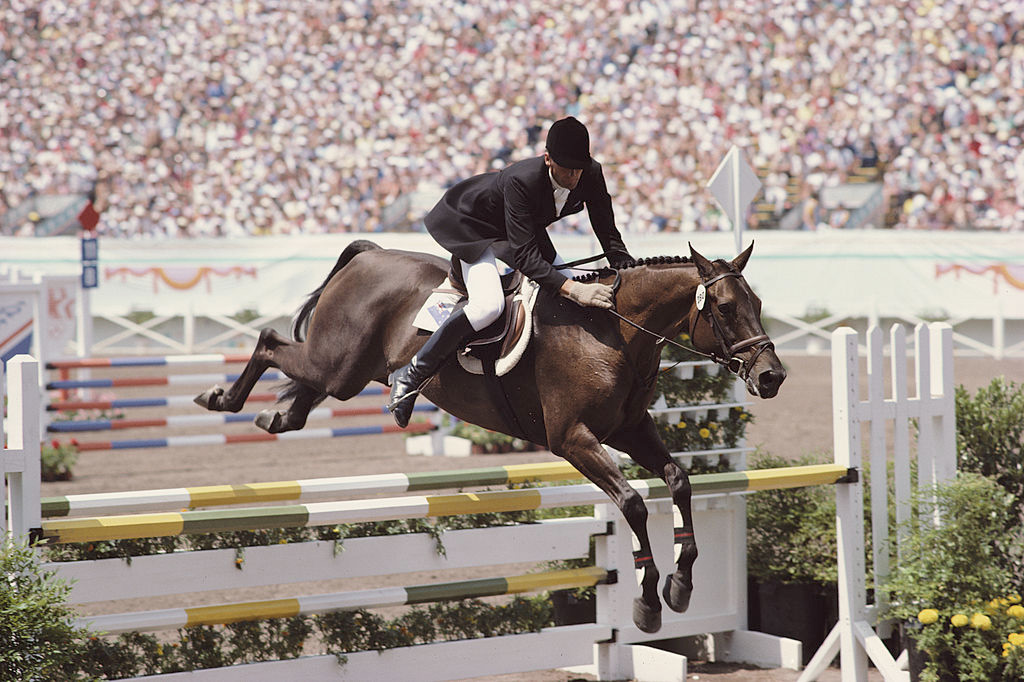
His credentials gained a massive leap in Los Angeles in 1984.
Riding Charisma, the horse he nicknamed Podge, Todd won New Zealand’s first equestrian Olympic medal, gold at that.
But it was a nerve-wracking business. Sitting second going into the showjumping, a clear round put the heat on American Karen Stives. Going clear would give Stives the gold, but on the penultimate obstacle her horse Ben Arthur clipped a rail.
Todd had been in the tunnel after his ride and didn’t watch the early stage of Stives’ pressure-laden turn.
“At the time I was sucking on a cigarette. Halfway through, I wandered up to the entrance just in time to see her knock a rail down. I couldn’t quite believe it.”
Todd clutched his head in disbelief. That night the celebrations got a touch out of hand.
“For some strange reason I ended up sticking my gold medal in a fridge for safe-keeping. It was still there in the morning, and none the worse for the experience.”
Todd reflects on the LA Games as “certainly putting my name on the map and I was then regarded as one of the leading riders in the world”.
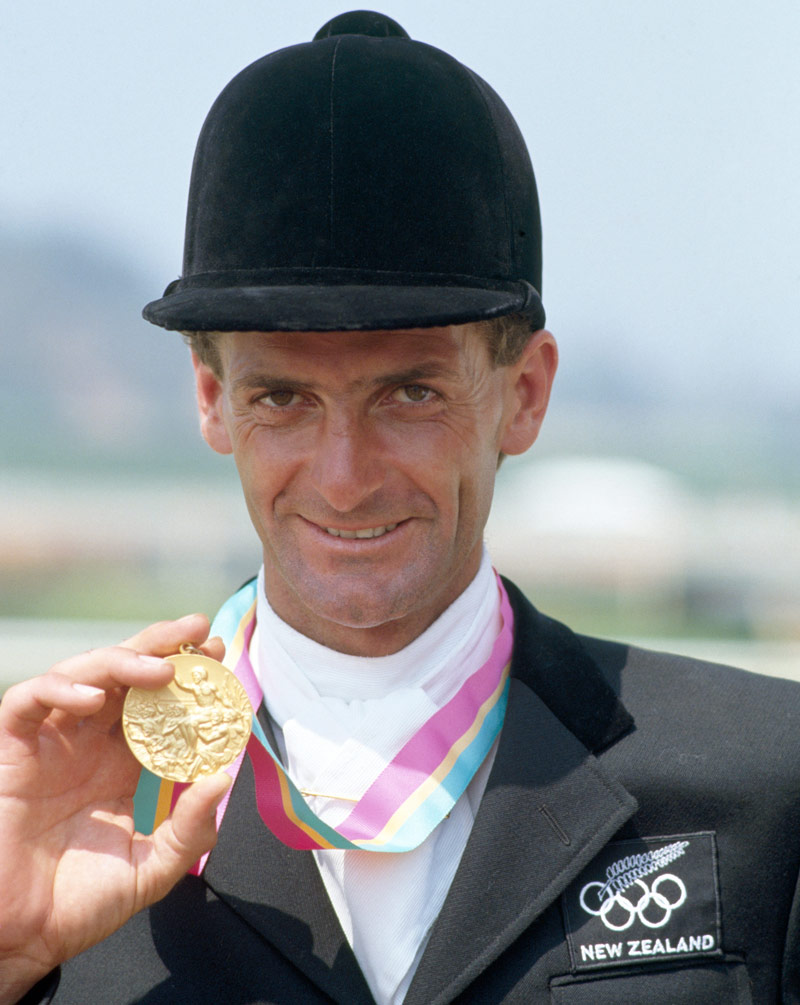
Los Angeles Olympics 1984 - Individual eventing Photo: Getty Images
Mark Todd & Charisma | Karen Stives & Ben Arthur | Virginia Holgate & Priceless |
| 51.6penalty pts | 54.2penalty pts | 56.8penalty pts |
Mingling with sporting superstars such as Carl Lewis was also an eye-opener, “an amazing experience”. Todd managed to retain Charisma till 1988 with a degree of what he termed “subterfuge, I guess”.
The owner decided to sell the horse, but not to Todd. With help from friends Bill and Judy Hall the partnership stayed intact, and a good thing too.
Its nickname, Podge, by the way, was bestowed for the horse’s robust eating habits.
“A very good reason,” Todd says. “We had to carefully monitor his diet and exercise so he didn’t get too fat for competition.”
Seoul in 1988 was a significantly different Games, with smaller crowds than in California.
“In LA you had massive crowds who cheered wildly for anything. In Korea it was mainly enthusiasts from around the world and a few locals.”
Before the start there was a narrow escape for Todd.
A group of riders went out on the town and finished up drinking rice wine and local food. The combination had the effect of making Todd violently ill.
Because of the heat, the athletes were given an electrolyte called Sustalyte.
“Because most equestrians like the odd tipple, we had a supply of gin, but unfortunately couldn’t get tonic. But we found if we mixed the lime-flavoured Sustalyte with the gin it was actually quite good. We renamed it sustagin.”
This time there were to be no late alarms. Todd won with a convincing performance and the second gold was locked up.
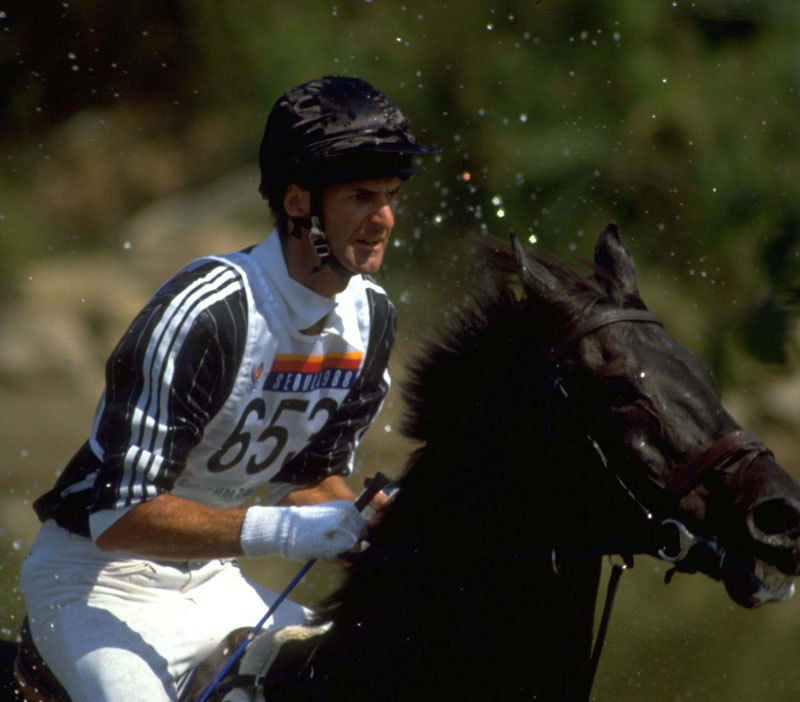
Seoul Olympics 1988 - Individual eventing Photo: Getty Images
Mark Todd & Charisma | Ian Stark & Sir Wattie | Virginia Leng (nee Holgate) & Master Craftsman |
| 42.6penalty pts | 52.8penalty pts | 62.0penalty pts |
Where does he keep them?
“At the moment they’re in a safe drawer and only brought out when I’m specifically asked to show them.”
After winning in Seoul, Todd was particularly chuffed to receive a letter from the widow of Charles Pahud de Mortanges, the only other rider to have won back-to-back Olympic eventing golds aboard the same horse, in 1928 and 1932.
“That was a huge thrill, and a great honour.”
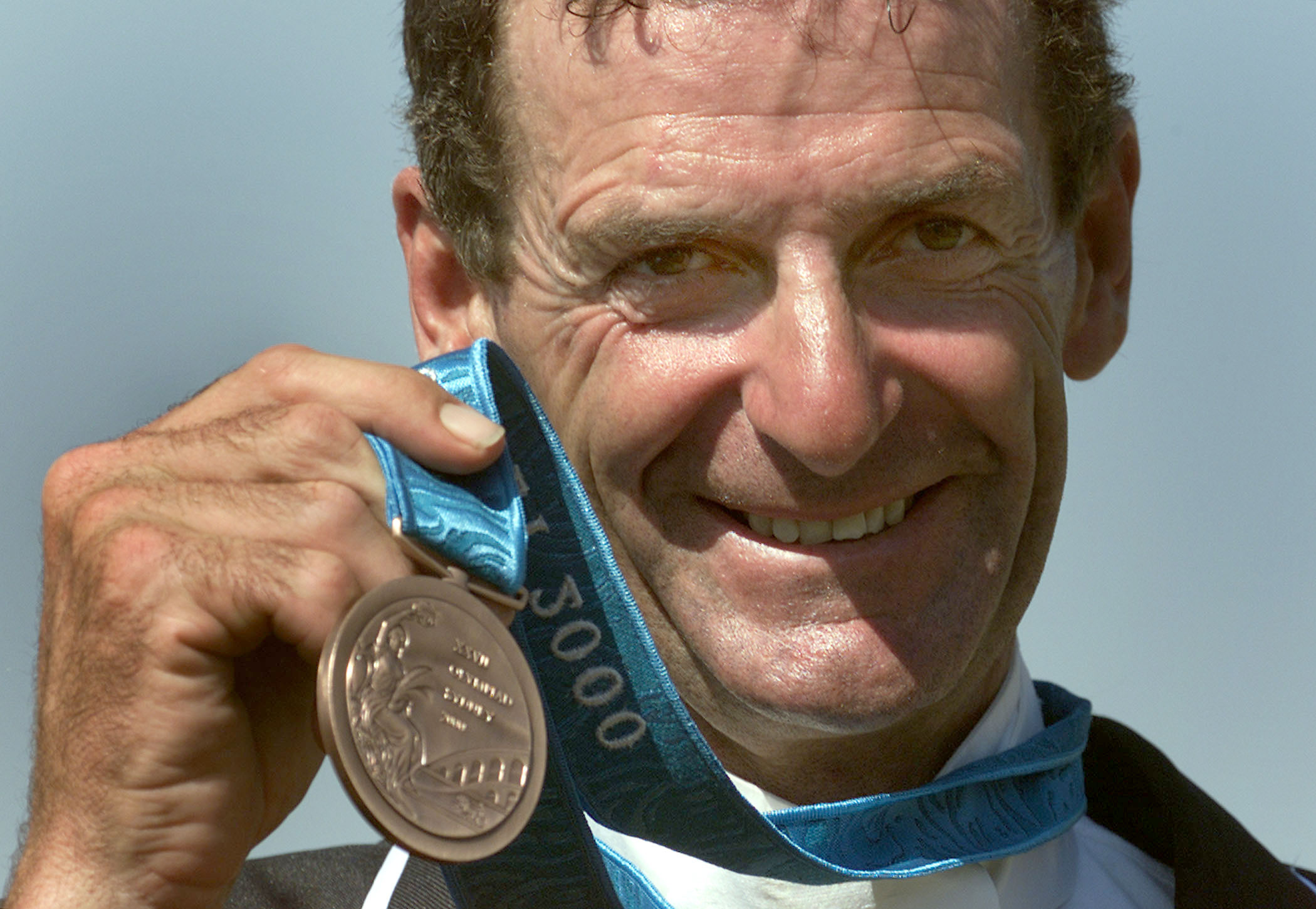
Todd took eight years out from riding, having won bronze at Sydney in 2000, but trained the New Zealand team competing in Athens in 2004 before being persuaded back to the sport, partly on a dare.
“I’d done everything I’d wanted to and felt it was a good time to have a change of career,” he says. “There was a bit of a dare to see if I could get back into top level competition to make the 2008 Games in Beijing, then I discovered I was really enjoying it.”
Todd’s influence on the sport in New Zealand extends beyond the mere riding and personal achievement. He has had a hand in the careers of all three of his team-mates in Rio. Clarke Johnstone, preparing for his first Games, spent time working at Todd’s yard in 2013; Jock Paget and Jonelle Price have also benefited from Todd’s help.
So too Andrew Nicholson, fellow Waikato horseman and former world No 1 rider and Olympic team-mate of Todd’s, who worked for him in the early 1980s as he looked to find his feet in the game.
“He’s an incredibly talented horseman, as well as being an all-round top athlete,” Price says. “I certainly never dreamt when I was a child (she was 3 and 7 when Todd won his Olympic golds) watching him on TV that I would ever ride alongside him. He’s a great mate.”
Johnstone chimes in: “... He’s so generous with his knowledge. He’s had a huge impact on all of us.”
For all his four-star achievements, Todd is clear on which honours he rates highest.
“For any athlete, the pinnacle is to perform at the Olympics. For me, winning two golds were career highlights. It doesn’t matter what sport you’re in and what success you have; if you can say ‘I won a gold medal’ it’s instantly recognised as a level of achievement.”
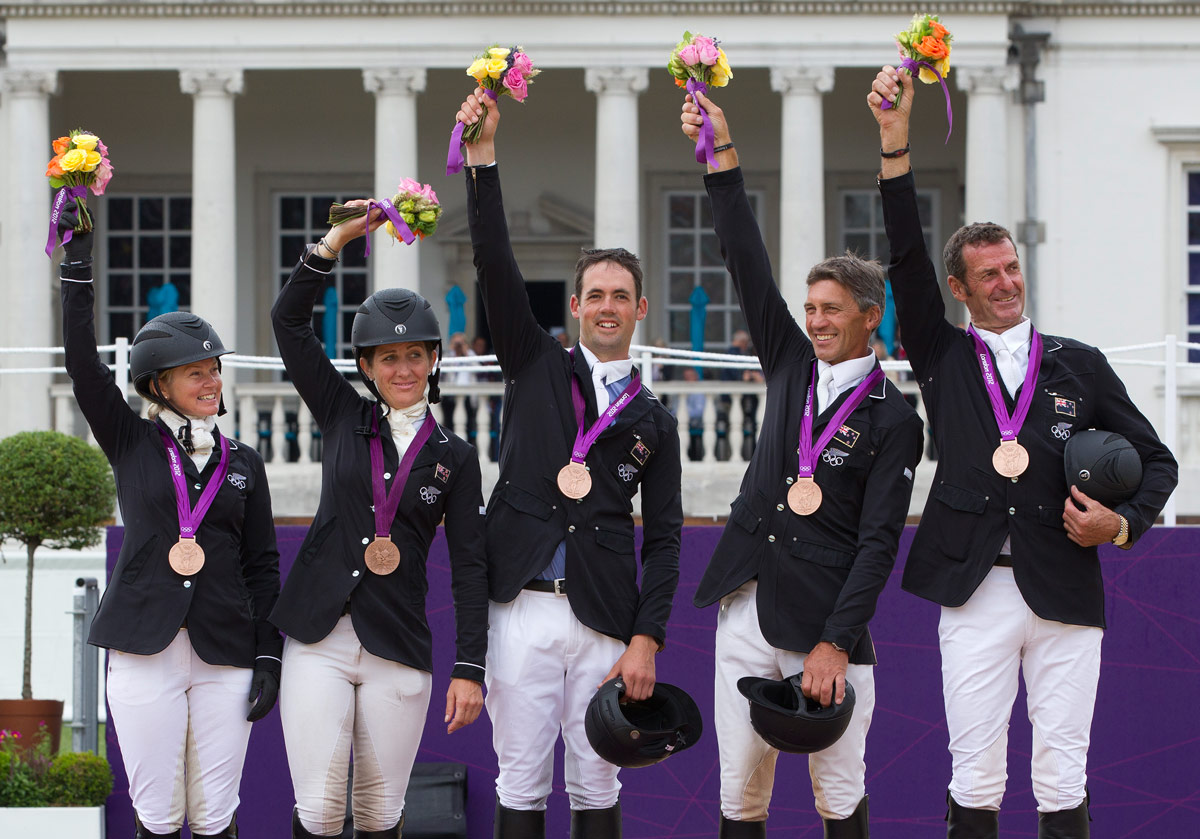
Todd is 60, but doesn’t feel it. Age, he believes, is just a number.
“I don’t go along thinking I’m too old for this. I don’t feel any different to 20 years ago.
“I think I’m still competing nearly as well as I ever have done. You’re only as good as the horse you’re sitting on. I feel age is irrelevant really.”
The mind goes back to Badminton in the early 1990s. Cross country day. Filthy weather. All the riders were taking the gentler of the two options at the key jumps. It wasn’t a day for taking risks. Until Todd set off.
The packed media room was captivated as Todd went about the course as if on a clear summer’s day.
John Francome, one of Britain’s finest jumps jockeys, hopped about the room excitedly, watching Todd.
“You could put this guy on a donkey and he'd still win,” chirped Francome to anyone within earshot.
There it is again. Special praise for a special athlete.
Read more at

Written by
David Leggat
Video
Mike Scott
Archive Images
Getty, Photosport, NZ Herald
Design & Development
Mac Teariki




